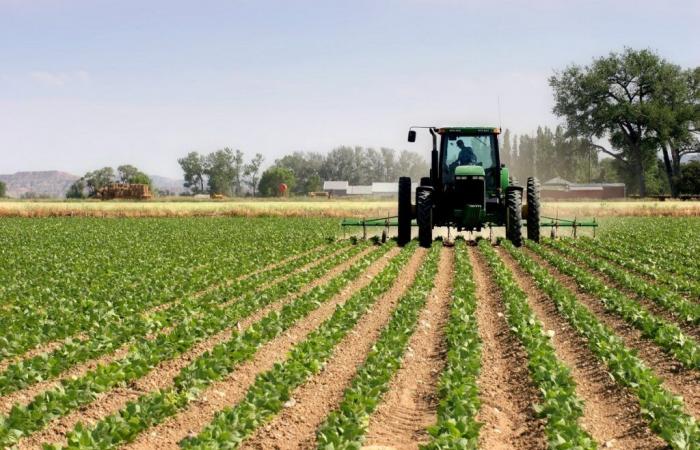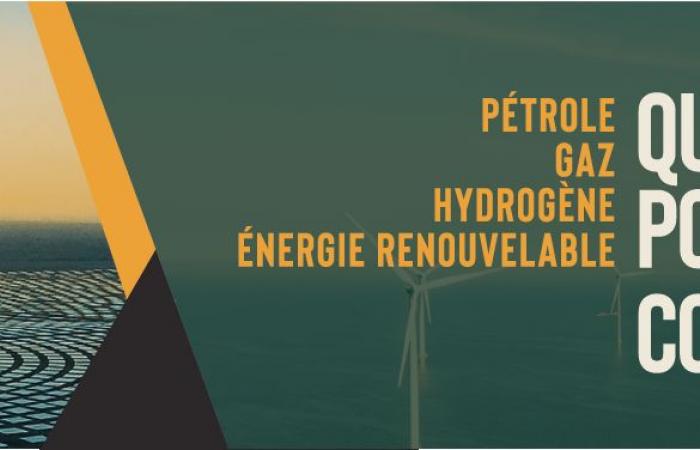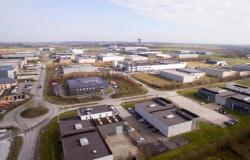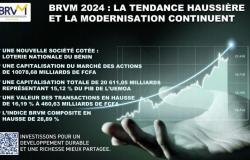
After a year marked by difficult climatic conditions, the 2024/2025 agricultural campaign begins on a positive note. Recent rainfall has not only recharged groundwater, but also improved the filling of dams, suggesting a promising season, although significant challenges remain.
Since September, Morocco has recorded welcome rains, with a national average of 50 mm during the first three months of the campaign, almost double the 27 mm recorded last year over the same period. This improvement had a direct impact on the dams, whose filling rate increased by 5.2 points to reach 28.7%, or a volume of 4.8 billion cubic meters.
These data mark a break with the previous campaign, where cereal production fell by 43%, reaching only 31.2 million quintals. According to Zakaria Abbass, professor-researcher in business strategy and international trade at the Euro-Mediterranean University of Fez, this precipitation is a positive signal for farmers, particularly for the start of cereal crops.
However, recovery depends on the regularity of rains over the coming months and the effectiveness of irrigation systems to compensate for past water deficits, and a cautious forecast is therefore necessary, because climatic hazards remain, he warns.
Measures to support the sector
Faced with water and climate challenges, the Ministry of Agriculture has deployed several initiatives to support this campaign. Among them, the distribution of certified seeds at preferential rates, subsidies for fertilizers, and an irrigation program covering 700,000 hectares. These efforts are part of the strategy Generation Green 2020-2030which focuses on the sustainability and modernization of the agricultural sector.
Read also|2024-2025 agricultural campaign: A forecast production of 103,000 tonnes of dates despite climatic challenges
However, Mr. Abbass emphasizes that these measures, although essential, must be complemented by simplified access to agricultural credits and better management of the supply chain.
A sector in search of resilience
Moroccan agriculture remains a central pillar of the economy, representing a major source of employment and income. Agricultural exports posted a 22% increase in the first month of the fourth quarter of 2024, demonstrating the sector’s potential to recover quickly.
Nevertheless, experts are calling for a profound transformation to face future challenges. Remote sensing to optimize irrigation, smart agricultural technologies and support for small farmers are among the advanced solutions. As Mr. Abbass explains, achieving the objectives of the “Generation Green” strategy requires the inclusion of small farmers in cooperatives to improve their access to financing and promote local agricultural sectors with high added value, such as olive tree and local products.
A new impetus for Moroccan agriculture
While the first sowings suggest a recovery, the 2024/2025 agricultural campaign symbolizes the urgency of transforming the Moroccan agricultural model. By relying on technological innovations, optimized resource management and an inclusive vision, the sector can not only overcome its challenges, but also position itself as an engine of sustainable growth for the country.










